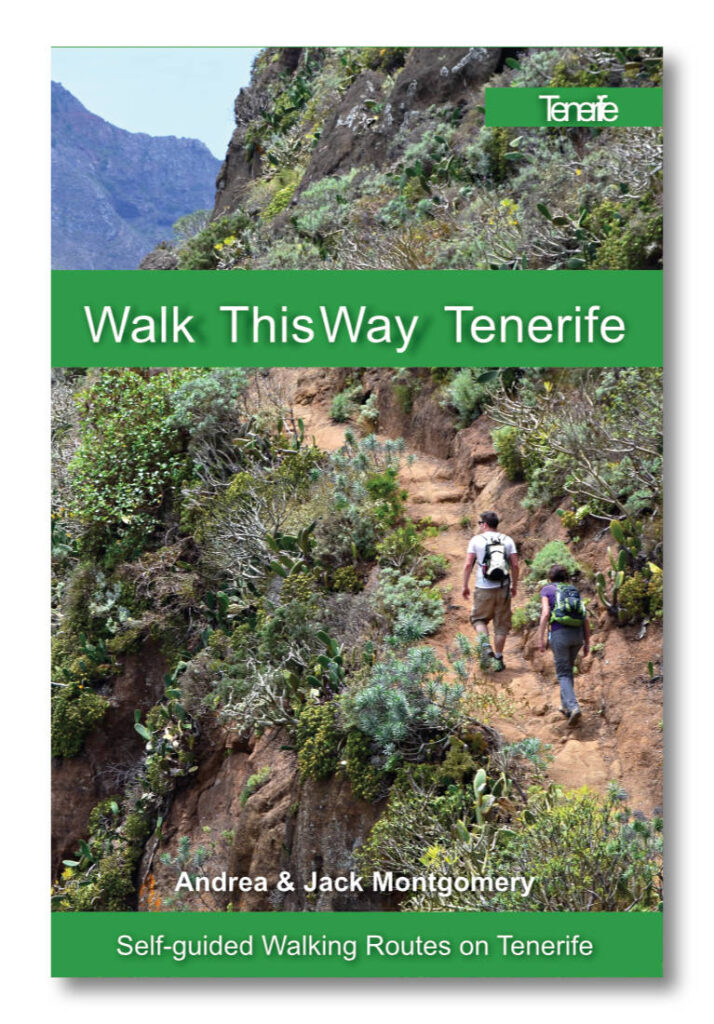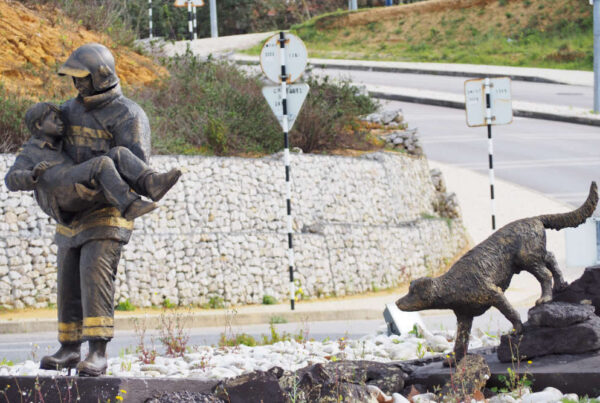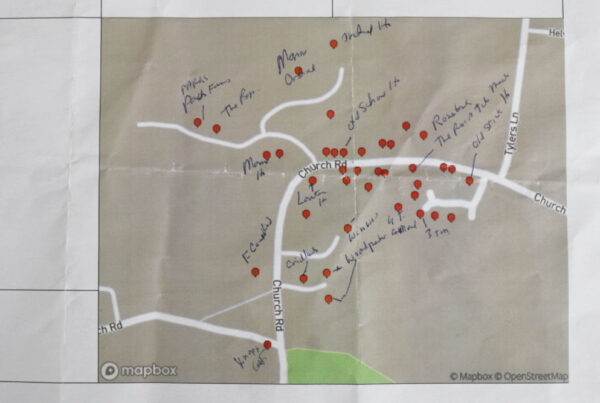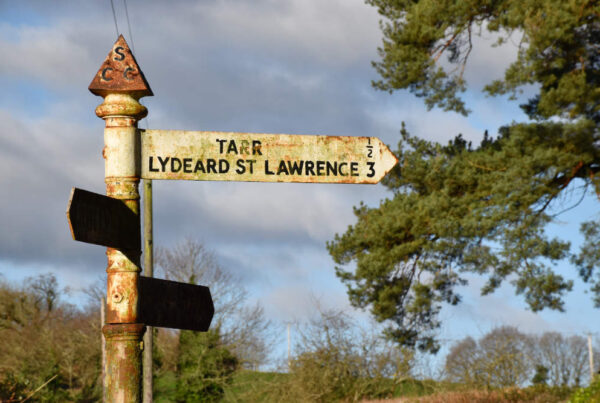We’re almost British again, almost but not quite, not really. When you live abroad you get to keep your British passport but, in a way you, become a second-class citizen. That’s the price you pay for leaving. The payoff of having an adventure in warmer climes meant that it didn’t matter, not for a long time.
Brexit changed things. Brexit meant other people got to decide how we lived our lives. Living in a democracy means that happens in a broader sense every time there’s an election or referendum. But Brexit felt more personal because the impact was more personal. At that time, any British citizen who lived abroad for more than 15 years didn’t get to vote. Basically, you didn’t have a say in your own future. That rams it home that you don’t have the same rights.
By the time we were planning our return to Britain, we’d made our peace with Brexit. That’s not saying the bitterness has evaporated. No, that little pot of bile is stirred every time I listen to the news and hear yet another way how destructive it’s been for Britain. But that’s back to politics in the wider sense.
When we announced we were returning to the UK, a friend warned us how difficult it was, how returning immigrants were treated differently. The institutionalised prejudice she’d experienced when she returned was shocking. We found it hard to believe we’d face the same.
One thing I learned early on in my career in the Civil Service was, because we all have differing circumstances, that one person’s experience wasn’t the same as the next. That’s what I told myself. I was right, but only up to a point.
One of the first hurdles we faced was arranging to transport our belongings back to Britain. You must pay a hefty tax to bring your ‘stuff’ back into Britain. However, you don’t have to pay this tax if you can prove these belongings are, well, yours. For us, this proof was a rental agreement from Portugal. Our application was turned down because, and get this, the department responsible for dealing with these claims couldn’t confirm what the rental document said because it was in Portuguese. So, the people responsible for dealing with overseas returners were turning down applications because the relevant documents were in a different language. Do they think the rest of the world only speaks English? We had the document translated, and that hurdle was cleared.
Hurdle 2 – Renting a property
Trying to find somewhere to live was when we first realised we weren’t considered as British as other Brits. Anyone who has rented a property will know it requires certain documents, credit ratings, bank account details, proof of earnings from the past 2-3 years. No problem, we had all of those. The problem was, any documents from another country, even ones in the EU, don’t count. It’s as if anything connected with ‘Johnny Foreigner’ isn’t to be trusted. It was a potential catch 22 situation. We got round it by offering to pay six months’ rent up front. Luckily, we could afford to do this, not everyone can. It tipped the balance in our favour, and another hurdle was cleared.
Buying anything big
Pretty soon we discovered we had no credit rating at all. The past eighteen years meant nada. We had to furnish a house and buy a car. With no credit rating, that meant no financial packages to spread the cost out. It was an expensive business. Without having the finances to pay on the spot, I don’t know what we would have done.
Communications
Even getting hooked up to broadband and phone packages proved problematic. No credit rating, no proof of earnings in Britain during the previous three years meant we couldn’t get a phone contract. Incredibly, having a Vodafone contract for over a decade in Spain and then Portugal wasn’t considered acceptable documentation for having a contract with Vodafone in Britain. Ironically, we hadn’t encountered these problems in either Spain or Portugal. Pay as you go was our only option. The phone companies did us a favour as we’ve found this perfectly sufficient and a hell of a lot cheaper. Now they’re keen to sign us up to contracts. They can whistle Dixie.
And so, the hurdles lined up. Having no debts and an impeccable record of payments as far as anything was concerned while living abroad for nearly two decades counted for nothing. Time spent abroad was the albatross our friend warned us it was. Ironically, we know a guy who regularly faults on his contracts, shifting to another provider whenever the debts pile up, and he never has a problem. We, as immigrant returners, were below him in the credit rating chain.
Why pay into the system?
Even worse, I discovered that the money I paid into the system in Spain (the equivalent of N.I. contributions) won’t count toward my UK pension. Fifteen years of contributions down the drain. As in Spain these amount to around €300 a month, that’s a lot of money. I’m going to challenge that one, but it increasingly felt as if we were being punished for having the audacity to choose another country in which to live for a while.
Two and a half years after returning, we’ve successfully negotiated most of the barriers placed in our path, including managing to buy a house. I’d even forgotten we were second-class citizens until last month when we decided to replace the kitchen. We didn’t want finance, but we did want the kitchen company’s option of paying only after the kitchen was fitted, and that’s when we hit a potential problem. Despite agreeing to pay in full, we had to provide proof of residence in Britain for the last three years before we could access this option.
As we moved back to Britain in June 2021, we can’t do that. We are still only ‘almost British.’
In June 2024 we will be fully British again.












